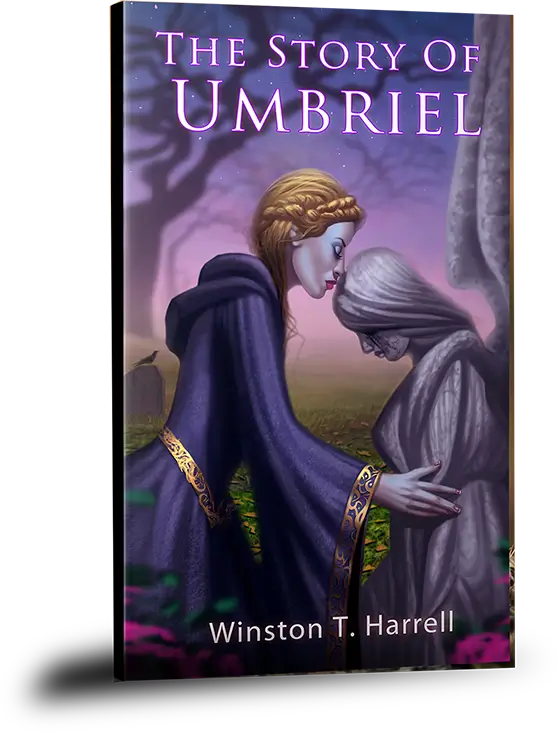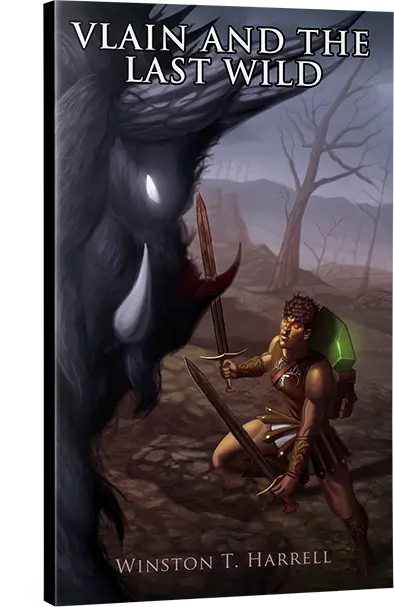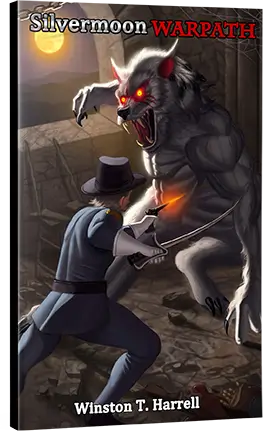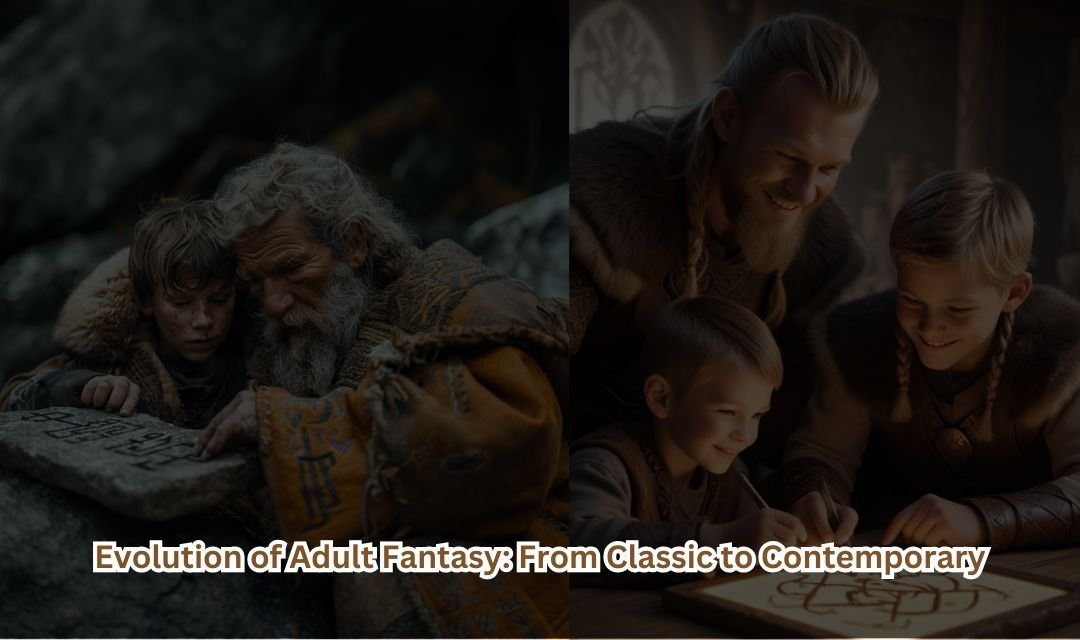The realm of fantasy literature has undergone significant transformation over the years. From the epic sagas of old to the intricate, character-driven narratives of today, adult fantasy books have evolved in both style and substance. This evolution reflects not only changes in literary trends but also shifts in societal values, offering readers a dynamic and ever-changing genre that caters to a wide variety of tastes. In this blog, we explore how the fantasy adventure book series has evolved from its classic roots to contemporary expressions.
Where It All Began
When we think of the early days of fantasy books, names like C.S. Lewis immediately come to mind. Works, such as The Lord of the Rings and The Chronicles of Narnia, set the foundation for what we now consider classic fantasy literature. These authors created richly detailed worlds that operated under strict magical rules, featuring heroic characters on quests that often mirrored traditional mythological structures.
In these early fantasy books, the focus was often on the grandeur of the quest and the clear-cut battle between good and evil. Characters were archetypal heroes, and the narrative followed a predictable but satisfying pattern. These works laid the groundwork for future authors, such as Winston Harrell, shaping the structure of the modern fantasy adventure book series.
A Shift Towards Complexity
As the genre matured, so did its narratives. Contemporary fantasy books are characterized by complex characters, morally ambiguous situations, and intricate political systems. George R.R. Martin’s A Song of Ice and Fire series is a prime example of this evolution. Rather than a straightforward battle between good and evil, the series presents a world where power struggles, betrayal, and morally gray characters dominate the storyline.
Today’s fantasy adventure book series often blurs the lines between hero and villain. Authors like Winston Harrell, in his book Vlain: The Last Wild, introduce readers to protagonists who may not fit the mold of traditional heroes. These characters grapple with internal conflicts and navigate treacherous, multifaceted worlds, reflecting the complexities of the human condition.
This shift towards character-driven narratives allows readers to connect on a deeper level with the stories. While classic fantasy literature offered a sense of escapism, modern adult fantasy books often present readers with challenging questions about morality, justice, and power.
The Role of World-Building in Contemporary Fantasy
Another notable change in fantasy books for adults is the emphasis on world-building. While world-building has always been a crucial element of the genre, contemporary authors have taken it to new heights. The worlds created in modern fantasy are often as complex as our own, complete with detailed histories, politics, religions, and languages.
In classic fantasy, world-building was primarily a backdrop for the hero’s journey. In today’s fantasy literature, however, the world itself can become a character. Authors like Winston Harrell excel at creating immersive environments where every element, be it a city, a forest, or an entire planet, feels alive and integral to the story.
Diversity in Modern Fantasy
Another significant aspect of the evolution of fantasy books is the increased diversity in both characters and settings. While classic fantasy often focused on Eurocentric, medieval-style worlds, contemporary authors are broadening the scope of the genre. Books now feature diverse characters from various cultural backgrounds, with stories inspired by non-Western mythologies and traditions. This shift has brought a fresh perspective to the genre, allowing readers to explore new and exciting worlds that break away from traditional fantasy tropes.
Conclusion
From its classic beginnings to its contemporary expressions, adult fantasy books continue to captivate readers with their ability to blend adventure, mythology, and modern themes. As the genre evolves, it remains a space where creativity knows no bounds, offering endless possibilities for both readers and authors alike. Whether you’re a fan of traditional epic quests or complex character-driven stories, the world of fantasy literature is as vibrant and diverse as ever.




